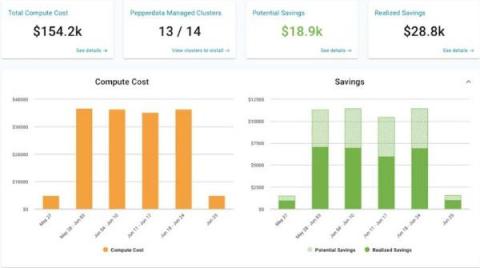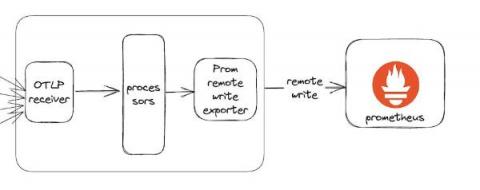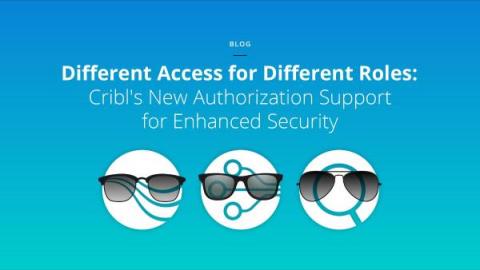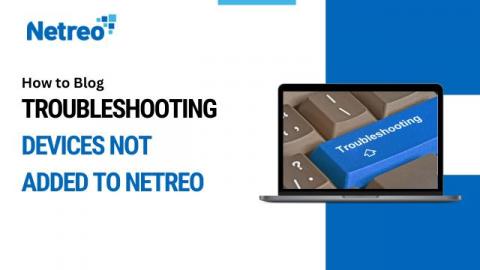Azure Security Features
Welcome to the thrilling era of cloud computing, where digitization is no longer a trendy phrase but an operational reality for numerous businesses. Among the key players in this transformative phase, Microsoft Azure has carved a niche for itself. Known for its powerful and dynamic infrastructure, Azure leads the way in delivering exceptional cloud services.











